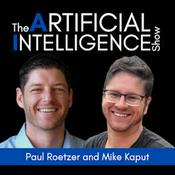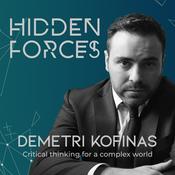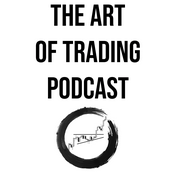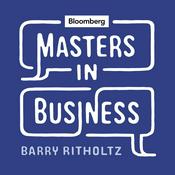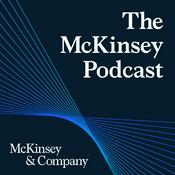57 episodes
- Send us a text
In this conversation, Nicole Dove shares her unique journey into the cybersecurity field, highlighting her transition from a finance and audit background to becoming a leader in information security at Riot Games. She discusses the importance of continuous learning, the challenges of writing a book on cybersecurity, and the evolving role of Business Information Security Officers (BISOs) in aligning security with business goals. Nicole emphasizes the need for innovative problem-solving and relationship management in cybersecurity, while also reflecting on her personal routines for maintaining sharpness in her role. - Send us a text
In this conversation, Rinki Sethi, a seasoned cybersecurity leader, shares her journey from being a CISO at major companies to her current role at Upwind Security. She discusses the evolving landscape of cybersecurity, the impact of AI, and the importance of community in the industry. Rinki emphasizes the need for strong communication skills for CISOs, the significance of evaluating company culture before taking on new roles, and the necessity of leveraging AI to enhance cybersecurity programs. She also highlights the importance of personal growth and building supportive networks within the cybersecurity community. - Send us a text
In this month's installment, Toni De La Fuente shares his journey into cybersecurity, detailing his early experiences with computers and his passion for hacking. He discusses the creation of Prowler, an open-source cloud security tool, and its differences from commercial solutions. The conversation explores cloud security challenges, the importance of open-source solutions, and the dynamics of scaling a startup. Toni also emphasizes the significance of passion in one's career and offers advice for aspiring tech professionals.
And yes...we also talk about his LOVE for Iron Maiden ;-) - Send us a text
In this episode, Matt interviews Bel Lepe, CEO and co-founder of Cerby, discussing the challenges and opportunities in identity security. They explore the significance of disconnected applications, the impact of shadow IT, and the importance of automation and AI in enhancing security practices. Bel shares insights from his previous experience at Ooyala and the lessons learned in building Cerby, including the recent Series B funding and future plans for the company.
Takeaways
Disconnected applications pose significant risks in identity management.
Shadow IT is becoming a major part of the IT landscape, not just a side issue.
The startup journey involves learning from past experiences and adapting strategies.
The human element remains a critical factor in cybersecurity incidents. - Send us a text
In this conversation, Tammy Klotz discusses her journey as a leader and author, focusing on her book 'Leading with Empathy and Grace.' She shares insights on the importance of empathy, vulnerability, and authenticity in leadership and the challenges and rewards of writing a book. The discussion highlights the significance of acknowledging personal lives in the workplace and the foundational role of trust in professional relationships. If you are an aspiring leader in Cyber, this episode is for you. Tammy shares her secrets to successful leadership.
More Business podcasts
Trending Business podcasts
About Cloud Security Today
The Cloud Security Today podcast features expert commentary and personal stories on the “how” side of cybersecurity. This is not a news program but rather a podcast that focuses on the practical side of launching a cloud security program, implementing DevSecOps, cyber leadership, and understanding the threats most impacting organizations today.
Podcast websiteListen to Cloud Security Today, BizNews Radio and many other podcasts from around the world with the radio.net app
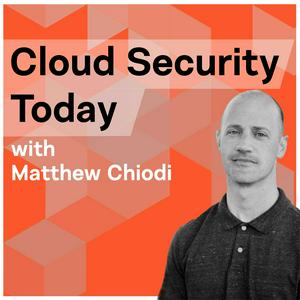
Get the free radio.net app
- Stations and podcasts to bookmark
- Stream via Wi-Fi or Bluetooth
- Supports Carplay & Android Auto
- Many other app features
Get the free radio.net app
- Stations and podcasts to bookmark
- Stream via Wi-Fi or Bluetooth
- Supports Carplay & Android Auto
- Many other app features


Cloud Security Today
Scan code,
download the app,
start listening.
download the app,
start listening.













